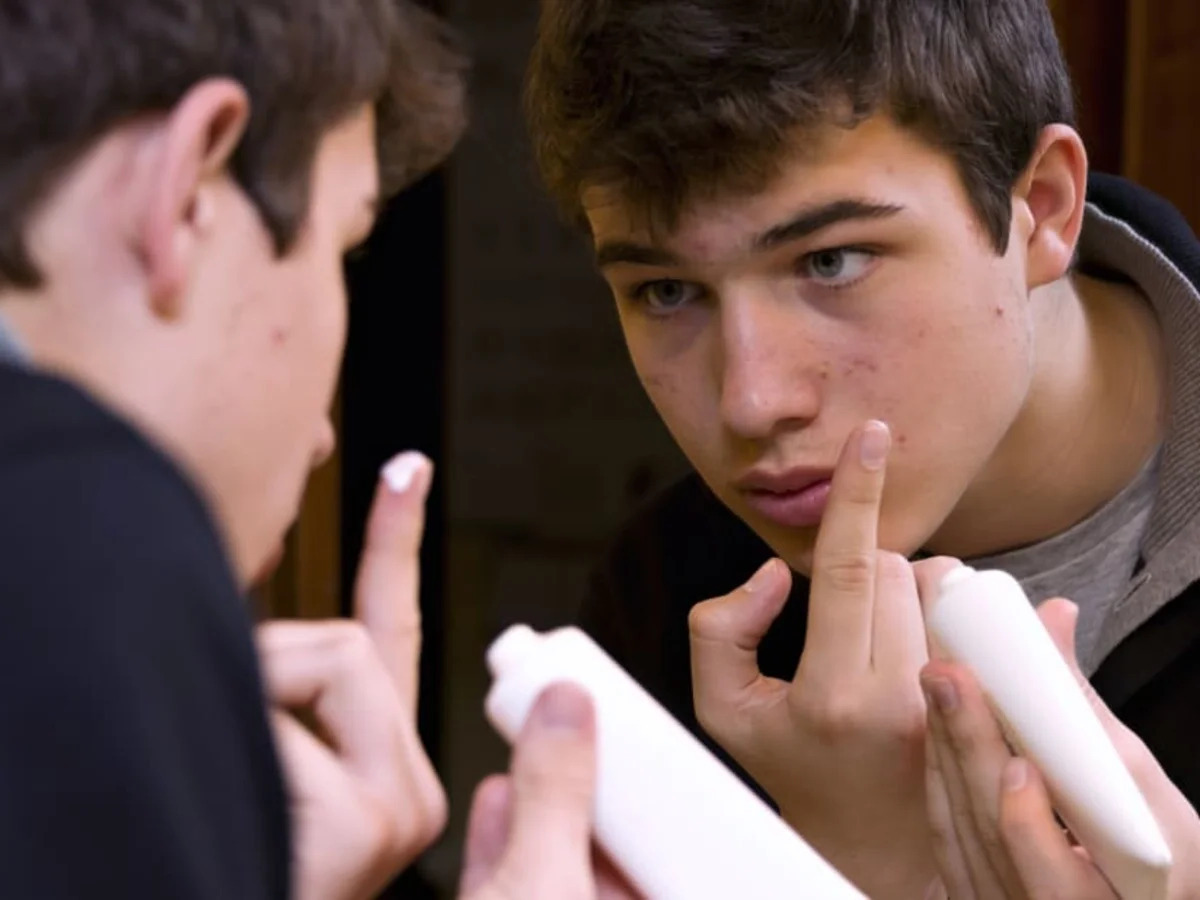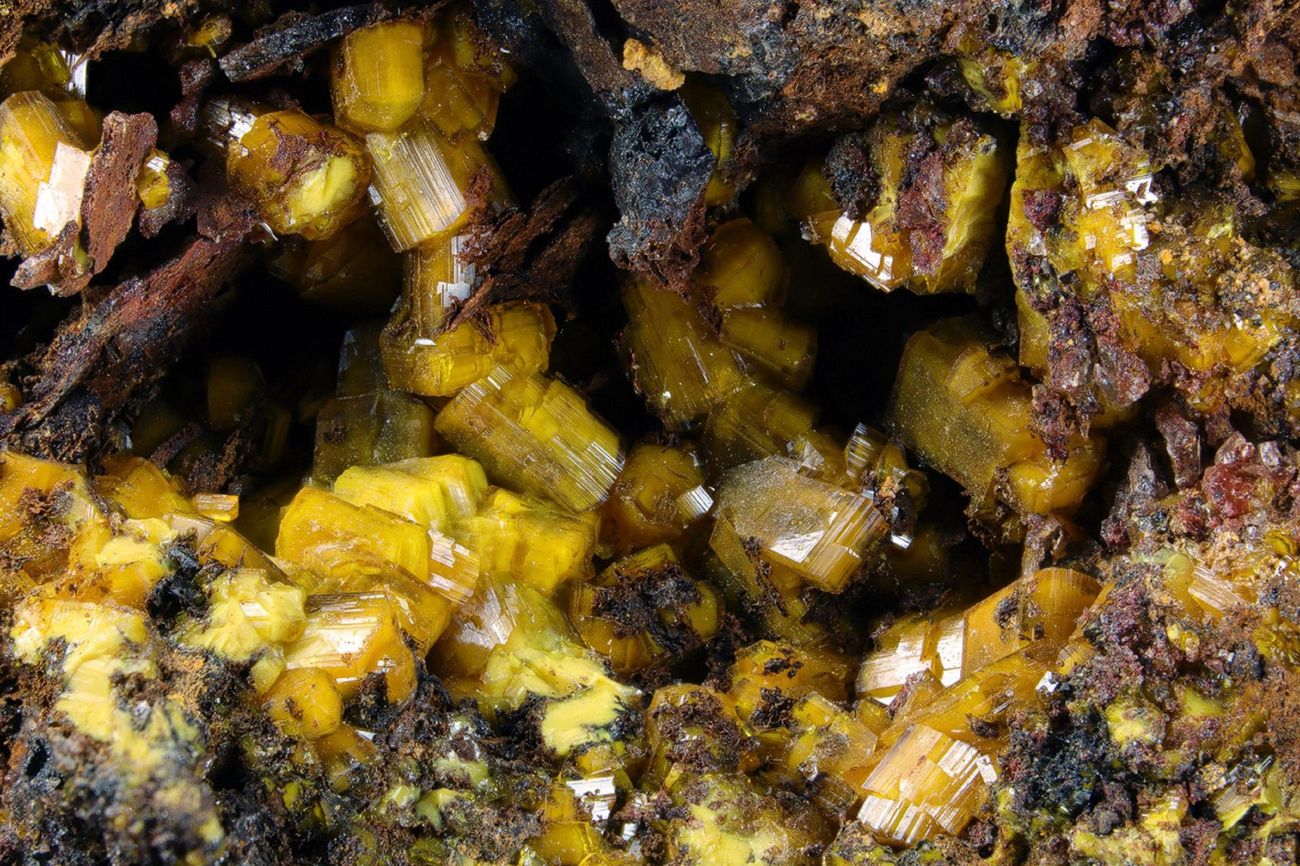
Puberty is a wild ride, right? One minute you're a kid, the next, everything's changing. But what exactly happens during this time? Puberty is when your body starts transforming into an adult body. This means growing taller, developing muscles, and even getting hair in new places. For girls, it often starts between ages 8 and 13, while boys usually begin between 9 and 14. Hormones play a huge role, causing changes like voice deepening in boys and breast development in girls. It's a time of rapid growth, both physically and emotionally. Understanding these changes can make the journey a bit smoother. Ready to learn more?
Key Takeaways:
- Puberty brings physical, emotional, and hormonal changes. It's a time for growth spurts, voice changes, and new feelings. It's normal to feel moody and want more independence.
- Puberty prepares the body for reproduction. Girls start menstruating, boys produce sperm, and both develop romantic interests. It's a time for changes in social interactions and communication skills.
What is Puberty?
Puberty is a significant phase in human development when a child's body transitions into an adult body capable of reproduction. This period involves various physical, emotional, and hormonal changes. Here are some fascinating facts about puberty that will help you understand this critical stage better.
Physical Changes During Puberty
Puberty brings about numerous physical transformations. These changes are essential for the development of secondary sexual characteristics.
-
Growth Spurts: During puberty, both boys and girls experience rapid growth in height and weight. This growth spurt is usually more noticeable in girls between ages 10-14 and in boys between ages 12-16.
-
Voice Changes: Boys' voices deepen due to the growth of the larynx and lengthening of the vocal cords. Girls may also experience slight changes in their voice pitch.
-
Body Hair: Hair begins to grow in new places, such as underarms, legs, and the pubic area. Boys also start growing facial hair.
-
Breast Development: Girls' breasts start to develop, which is often one of the first signs of puberty. Boys may also experience temporary breast tissue growth, known as gynecomastia.
-
Skin Changes: Increased oil production can lead to acne. This is a common issue during puberty due to hormonal changes.
Hormonal Changes During Puberty
Hormones play a crucial role in regulating the changes that occur during puberty. These chemical messengers trigger various physical and emotional transformations.
-
Estrogen: In girls, the ovaries start producing estrogen, which is responsible for the development of female secondary sexual characteristics like breast growth and the menstrual cycle.
-
Testosterone: Boys' testes begin producing testosterone, leading to muscle growth, deepening of the voice, and the development of facial and body hair.
-
Growth Hormone: This hormone is responsible for the rapid increase in height and overall growth during puberty.
-
Adrenal Hormones: These hormones contribute to the development of body odor and the growth of pubic and underarm hair.
Emotional and Psychological Changes
Puberty is not just about physical changes; it also involves significant emotional and psychological transformations.
-
Mood Swings: Hormonal fluctuations can lead to mood swings, making teenagers feel happy one moment and irritable the next.
-
Increased Independence: Adolescents start seeking more independence from their parents and may spend more time with friends.
-
Self-Identity: Teenagers begin to explore their identity, which can involve experimenting with different styles, hobbies, and social groups.
-
Body Image: Concerns about body image and appearance become more prominent during puberty, affecting self-esteem and confidence.
Reproductive System Development
Puberty prepares the body for reproduction, leading to the development of the reproductive system.
-
Menstruation: Girls begin to menstruate, which is a sign that their reproductive system is maturing. The first period, known as menarche, usually occurs between ages 10-15.
-
Spermatogenesis: Boys start producing sperm, marking the beginning of their reproductive capability.
-
Ovulation: Girls' ovaries begin releasing eggs, making it possible for them to conceive.
Social Changes During Puberty
Puberty also brings about changes in social interactions and relationships.
-
Peer Influence: Friends and peers become more influential during puberty, often affecting behavior, interests, and decisions.
-
Romantic Interests: Adolescents may start developing romantic interests and experiencing crushes for the first time.
-
Communication Skills: Improved communication skills help teenagers express their thoughts and feelings more effectively.
-
Conflict with Parents: Increased desire for independence can lead to conflicts with parents as teenagers assert their autonomy.
Growing Up: A Wild Ride
Puberty's a wild ride, huh? From sudden growth spurts to mood swings, it's a time of major change. Your body transforms, emotions run high, and sometimes it feels like you're on a rollercoaster. But guess what? Everyone goes through it. Those awkward moments and weird changes are totally normal. Embrace the journey, even when it gets tough. Remember, you're not alone. Friends, family, and teachers can offer support. Keep asking questions, stay curious, and take care of yourself. Eat well, get enough sleep, and find healthy ways to manage stress. Before you know it, you'll come out the other side stronger and more confident. Puberty's just one chapter in your life story, and there's so much more to look forward to. Hang in there, and enjoy the ride!
Frequently Asked Questions
Was this page helpful?
Our commitment to delivering trustworthy and engaging content is at the heart of what we do. Each fact on our site is contributed by real users like you, bringing a wealth of diverse insights and information. To ensure the highest standards of accuracy and reliability, our dedicated editors meticulously review each submission. This process guarantees that the facts we share are not only fascinating but also credible. Trust in our commitment to quality and authenticity as you explore and learn with us.


